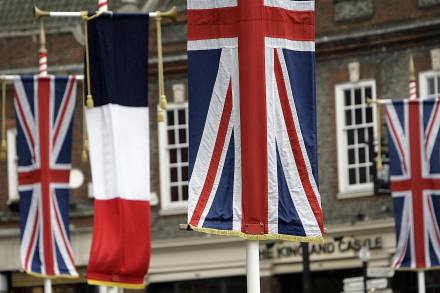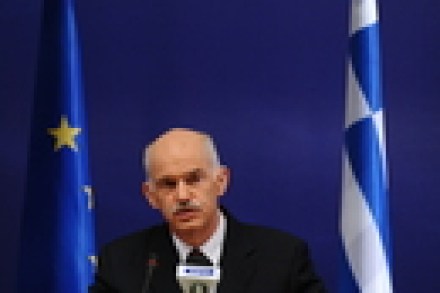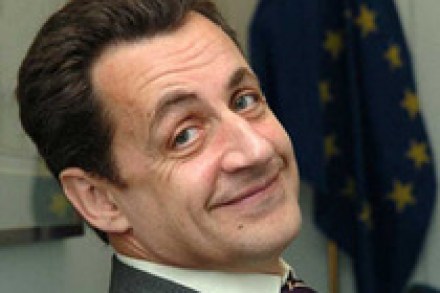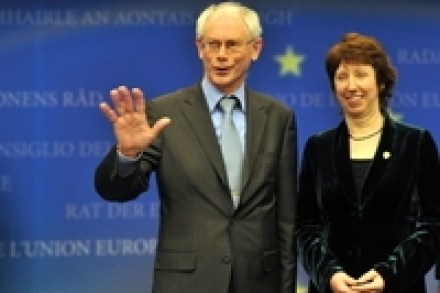Yanukovych wins Ukrainian election – but that may not be all bad
With just over 2% of votes still to be counted, Ukraine’s pantomime villain, Viktor Yanukovych, is coasting for victory in the country’s presidential election. Yulia Tymoshenko, the current prime minister and one of the leaders of the pro-Western ‘Orange Revolution’ in 2004 has yet to accept her loss, but with the EU praising the “impressive display of democratic elections” it will be hard for her to do anything but concede. So is this game, set and match for Vladimir Putin, who has done everything in his power to snuff out the ‘Orange Revolution’? “Revolutions devour their own children”, the saying goes, and this has certainly been true of the 2004


















